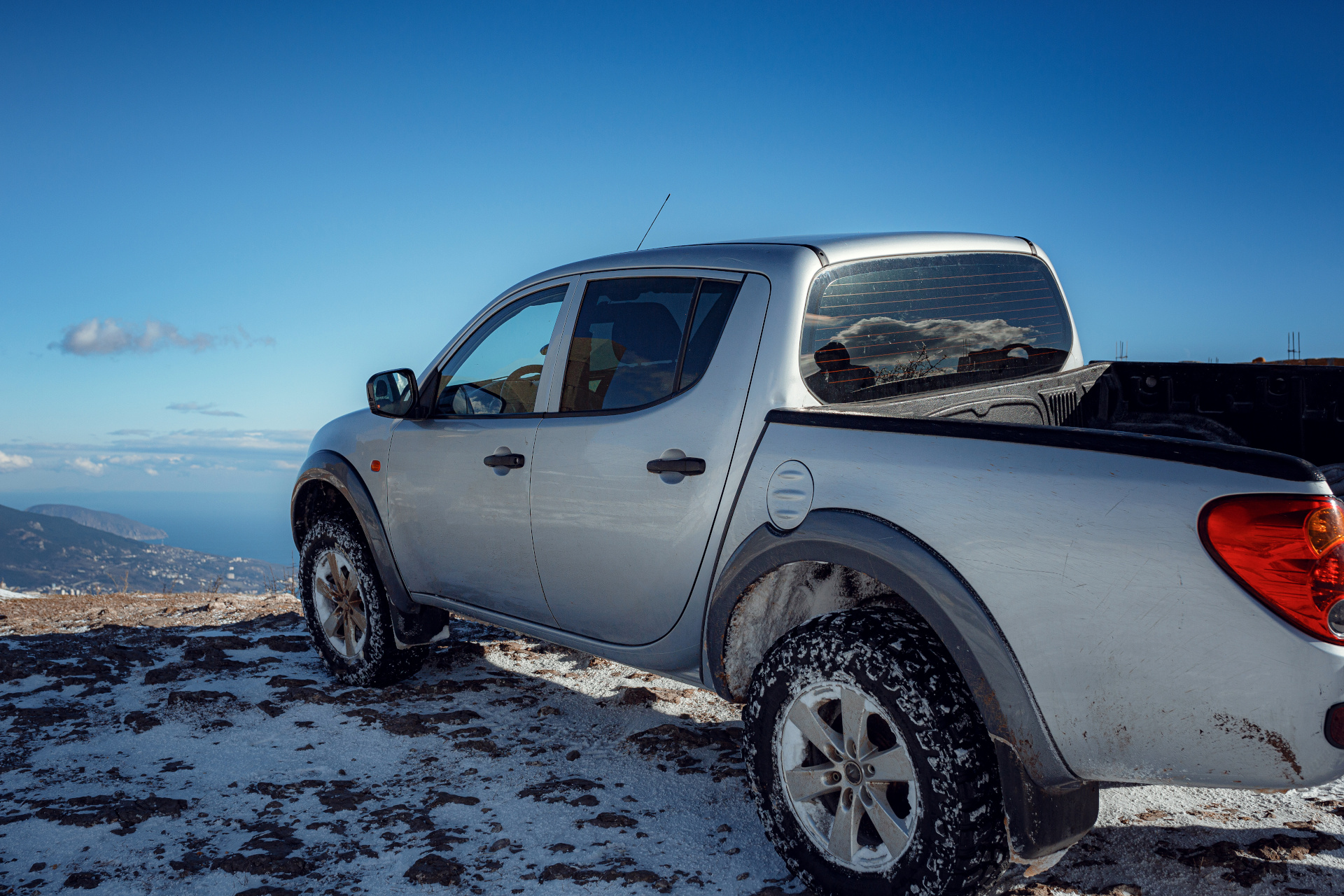Leaves are falling off the trees, the days are getting shorter and snow has arrived on our highways. It’s a given you have your winter tires on by now, but there’s more to getting your car ready for winter than swapping your summers for a snowflake/mountain symbol.
Check Your Battery
Vehicle batteries last an average of four to five years, so it may be time to get your battery tested. When you start your car in the morning, let your alternator charge the battery before cranking up the heat and turning your lights and radio on. It helps to turn off accessories when you park, before leaving your car, because power from your battery is sent to these systems when you return to start your car on ignition, and can drain your battery quickly. Low temperatures make your battery work harder, but debris and corrosion on your battery terminals add to the problem, so keeping them clean is important. If you have trouble starting in the morning, it’s time to buy a new battery before getting stranded midwinter.
Winter Wiper Blades for Safe Driving
Install winter wiper blades built to cut through ice and keep your windshield clean. Winter wipers are heavier than summers, so you can switch them out when spring arrives to decrease the load on the wiper motor. You’ll want to replace and fill your washer reservoir with windshield wiper fluid formulated for winter conditions.
Don’t Forget the Antifreeze
Your vehicle’s cooling system should be drained, flushed and refilled every two years, and now’s the perfect time for this task on your maintenance schedule. Replenish the antifreeze mixture to prevent the formation of rust and scale that can damage your engine. Antifreeze and coolants are available in many brands and formulations, and it’s important to choose the right one for your vehicle.
Packing a winter emergency kit is always a good idea and can include survival items that keep you warm in cases of emergency. Your seasonal kit could include a flashlight, flares, warm blankets, hand warmers and a first aid kit. Essentials include a sandbag, shovel, and jumper cables. Keep your gas tank at least half full this winter, because in the cold, a full tank reduces condensation, preventing gas line freeze ups or in the case of an emergency, keeping you warm until help arrives.
We invite you to call us and have your vehicle serviced before harsh winter conditions arrive. We will check your battery and replace it if needed, and check your cooling system, brakes, belts, hoses, spark plugs, wires and cables. We save you money by recommending preventative maintenance and use quality Napa parts for lasting repairs.

